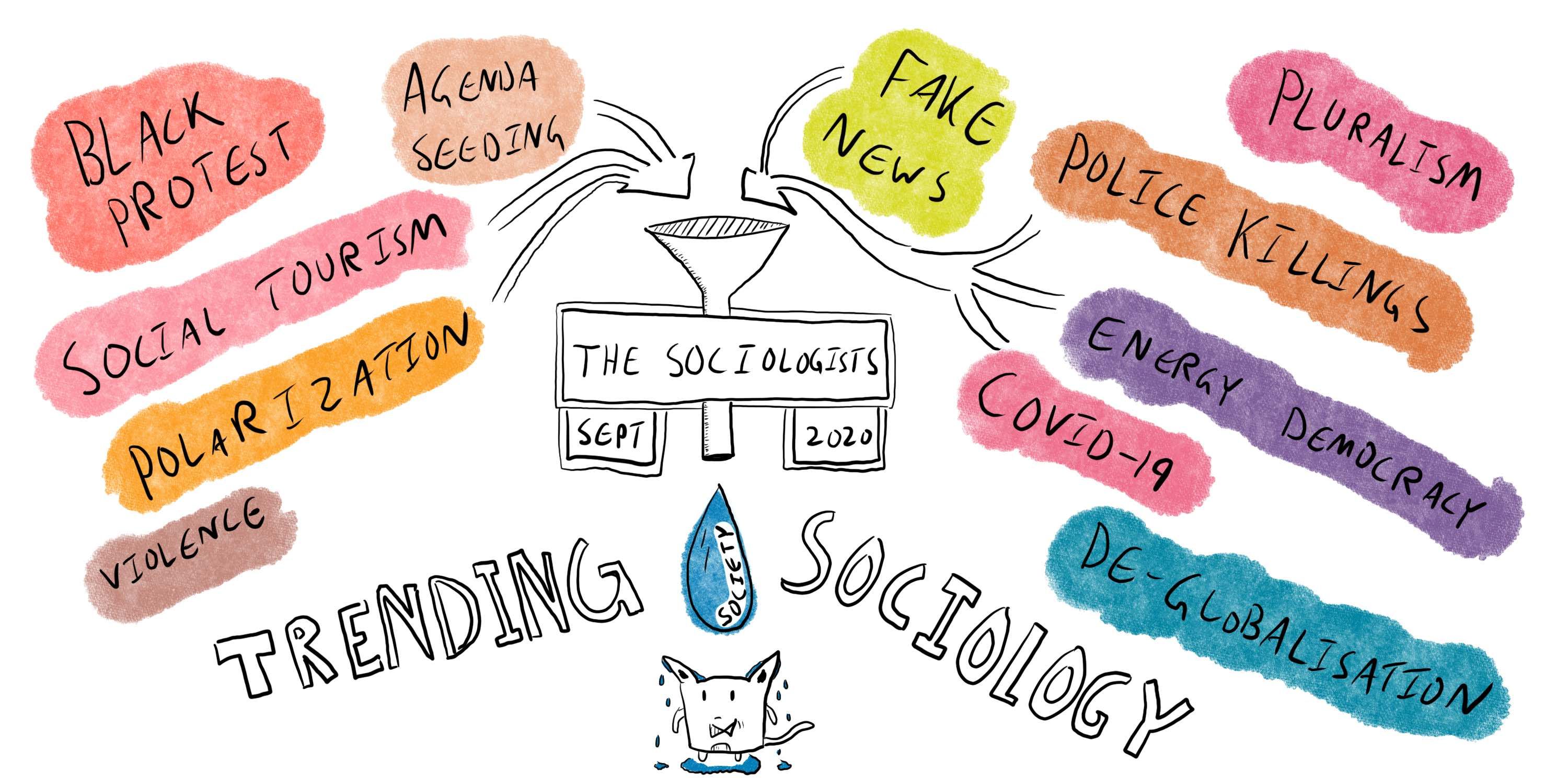166 reads
What Sociologists Are Saying About 2020's Myriad Political Movements
by
September 10th, 2020
Physician turned product manager writing about all things medicine, business and technology.
About Author
Physician turned product manager writing about all things medicine, business and technology.
Comments
TOPICS
THIS ARTICLE WAS FEATURED IN
Related Stories
2021 is The Year of the NFT
May 24, 2021
